Turkey for Stomach Cancer Treatment: What You Need to Know
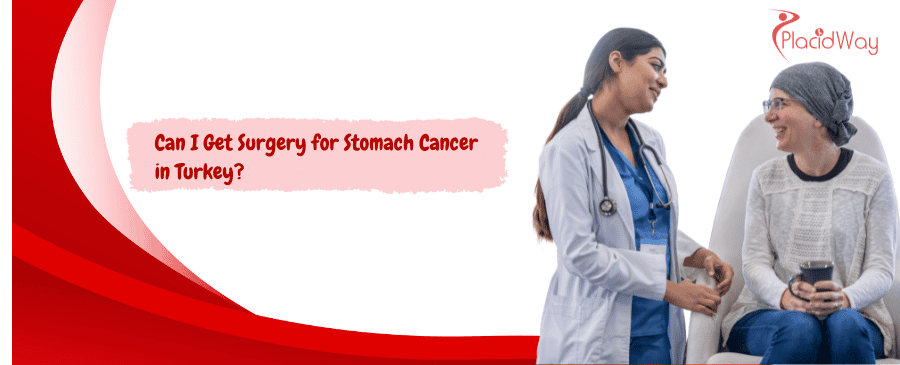
If you or a loved one has received a diagnosis of stomach cancer, understanding your treatment options is crucial. While a cancer diagnosis can be overwhelming, it's important to know that significant advancements in medical science offer hope and effective treatments. One country that has emerged as a prominent destination for various medical procedures, including intricate surgeries like those for stomach cancer, is Turkey. This comprehensive guide aims to shed light on what you can expect when considering stomach cancer surgery in Turkey, addressing common questions and providing detailed insights into the process, costs, and quality of care.
Turkey has invested heavily in its healthcare infrastructure, leading to the development of state-of-the-art hospitals and clinics equipped with the latest technology. Many of these facilities are accredited by international organizations, ensuring high standards of patient care and safety. Patients from around the world are increasingly choosing Turkey for its combination of quality medical expertise, modern facilities, and often more accessible pricing. This allows individuals to pursue life-saving treatments without the prohibitive costs sometimes associated with healthcare in other nations. We will delve into the specifics of stomach cancer surgery, covering everything from the types of procedures available to the recovery process, helping you make an informed decision.
Can I get surgery for stomach cancer in Turkey?
Turkey is a well-established destination for medical tourism, and stomach cancer surgery is one of the many complex procedures performed there. The country boasts numerous hospitals equipped with modern technology and staffed by experienced surgeons and oncology teams. These facilities often adhere to international standards of care, with some holding accreditations from organizations like the Joint Commission International (JCI).
Patients considering stomach cancer surgery in Turkey can find a range of options, from highly specialized cancer centers to departments within large university hospitals. The availability of diverse treatment plans, often involving a multidisciplinary approach with medical oncologists, radiation oncologists, and surgeons, makes Turkey a viable choice for individuals seeking comprehensive stomach cancer care.
What types of stomach cancer surgery are performed in Turkey?
The type of stomach cancer surgery performed depends heavily on the stage of the cancer, its location, and the patient's overall health. Turkish hospitals offer various surgical interventions to treat stomach cancer:
- Partial Gastrectomy (Subtotal Gastrectomy): This procedure involves removing only the cancerous part of the stomach, along with a portion of the surrounding healthy tissue and nearby lymph nodes. The remaining part of the stomach is then reconnected to the small intestine. This is typically done for cancers in the lower or middle sections of the stomach.
- Total Gastrectomy: When the cancer is extensive, or located in the upper part of the stomach near the esophagus, the entire stomach may need to be removed. In this case, the esophagus is directly connected to the small intestine. Nearby lymph nodes are also removed.
- Proximal Gastrectomy: This involves removing the upper part of the stomach and a portion of the esophagus. The remaining stomach is then connected to the esophagus. This is less common and usually performed for tumors specifically in the upper stomach.
- D2 Lymphadenectomy: This is a crucial part of most stomach cancer surgeries, involving the extensive removal of lymph nodes around the stomach. The D2 dissection aims to remove all potentially cancerous lymph nodes to minimize recurrence. Many experienced clinics in Turkey prefer this dissection.
- Palliative Surgery: In cases where the cancer is advanced and cannot be entirely removed, palliative surgery may be performed to alleviate symptoms and improve the patient's quality of life. This might involve bypassing a tumor that is blocking the stomach (gastroenterostomy) or stopping bleeding.
These procedures can be performed using:
- Open Surgery: This involves a single, larger incision in the abdomen to access the stomach. It's often used for more complex or advanced cases.
- Minimally Invasive Surgery (Laparoscopic or Robotic Gastrectomy): These techniques involve several small incisions and the use of specialized instruments and a camera. Robotic surgery, particularly with systems like the Da Vinci Xi, offers surgeons enhanced precision and dexterity. Minimally invasive approaches generally lead to less pain, smaller scars, and faster recovery times for suitable patients.
How much does stomach cancer surgery cost in Turkey?
One of the primary reasons patients choose Turkey for medical procedures is the competitive pricing, without compromising on quality. The cost of stomach cancer surgery in Turkey is significantly lower than in many Western countries, such as the United States or Western Europe.
Several factors influence the final cost:
- Type of Surgery: A partial gastrectomy might be less expensive than a total gastrectomy or a complex robotic procedure.
- Hospital Choice: Prices can vary between public and private hospitals, as well as between different cities (e.g., Istanbul might have higher costs than other regions). Prestigious or highly accredited hospitals may also have higher fees.
- Surgeon's Fees: Highly experienced and renowned surgeons may charge more for their expertise.
- Anesthesia and Hospital Stay: The duration of your hospital stay and the type of anesthesia used will impact the overall cost.
- Pre- and Post-operative Care: This can include diagnostic tests (CT scans, endoscopies, biopsies), consultations, follow-up appointments, and any necessary chemotherapy or radiation therapy.
- Package Deals: Many clinics offer all-inclusive packages for international patients, which might cover accommodation, airport transfers, and interpreter services in addition to the medical procedure.
For example, a partial gastrectomy might start from around $10,500, while a total gastrectomy could be around $14,000, and robotic gastrectomy from $17,000. These are approximate figures, and it's essential to get a detailed quote from your chosen clinic or medical tourism facilitator.
Here's a general approximate cost range for different aspects of stomach cancer treatment in Turkey:
What are the success rates of stomach cancer surgery in Turkey?
The success rates of stomach cancer surgery depend significantly on the stage of the cancer at diagnosis, the patient's overall health, and the expertise of the medical team. Turkish hospitals generally report success rates that are comparable to those in leading medical centers worldwide, particularly for early-stage stomach cancer.
- For early-stage stomach cancer (Stage I), the 5-year survival rate after surgery can be around 70-78%.
- For Stage II disease, the 5-year survival rate might be around 42%.
- For Stage III disease, the 5-year survival rate is typically around 35%.
These figures highlight the importance of early diagnosis and prompt treatment. Many Turkish medical institutions emphasize a multidisciplinary approach, combining surgery with chemotherapy, radiation therapy, and targeted therapies, which collectively contribute to improved outcomes. The mortality rate associated with D2 dissection (a common type of lymph node removal) in experienced Turkish clinics is reported to be around 3.3%, decreasing further with increasing expertise, which is a testament to the surgical skill available.
Which are the top medical facilities for stomach cancer surgery in Turkey?
Turkey is home to several highly reputable medical facilities that specialize in oncology and perform a significant number of stomach cancer surgeries. When choosing a facility, it's advisable to look for those that are internationally accredited (e.g., JCI), have dedicated oncology departments, and feature experienced surgical teams.
These medical facilities often have multidisciplinary teams that review each patient's case to develop the most appropriate and personalized treatment plan, ensuring high standards of care and outcomes comparable to leading international centers.
What should I expect during the initial consultation for stomach cancer surgery in Turkey?
The initial consultation is a critical step in the treatment process. For international patients, this often begins remotely, with the exchange of medical documents, followed by an in-person consultation upon arrival in Turkey. Here's what you can generally expect:
- Medical Document Review: You will be asked to provide all relevant medical records, including diagnostic reports (biopsy results, CT scans, PET-CT scans, endoscopy reports), previous treatment summaries, and your full medical history. Turkish medical teams will meticulously review these to understand your specific case.
- Detailed Examination: Once in Turkey, you will undergo a comprehensive physical examination. Additional diagnostic tests might be performed if necessary to get the most accurate and up-to-date picture of your condition.
- Multidisciplinary Team Discussion: Your case will often be discussed by a multidisciplinary team of specialists, including surgical oncologists, medical oncologists, radiation oncologists, and pathologists. This collaborative approach ensures that all aspects of your treatment are considered.
- Treatment Plan Presentation: The medical team will present a personalized treatment plan based on their assessment. This plan will outline the recommended surgical approach (e.g., partial or total gastrectomy, open or laparoscopic), along with any adjuvant therapies like chemotherapy or radiation.
- Discussion of Risks and Benefits: The surgeon will thoroughly explain the potential risks, benefits, and possible complications of the proposed surgery, ensuring you have a clear understanding of what to expect.
- Cost and Logistics: The financial aspects of the treatment will be discussed, along with practical arrangements such as hospital stay duration, recovery period, and follow-up care. Many clinics offer assistance with travel, accommodation, and interpreter services for international patients.
- Opportunity for Questions: You will have ample opportunity to ask any questions or voice concerns, ensuring you feel comfortable and informed before proceeding.
This comprehensive approach ensures that the treatment plan is tailored to your individual needs and that you are fully prepared for the journey ahead.
What is the typical recovery time after stomach cancer surgery in Turkey?
Recovery after stomach cancer surgery is a gradual process that varies depending on the extent of the surgery (partial vs. total gastrectomy), the surgical technique (open vs. minimally invasive), and the patient's overall health and age. Turkish medical facilities provide detailed post-operative care plans to support recovery.
Here's a general overview of the recovery timeline:
- Immediate Post-operative Period (Hospital Stay):
- Patients typically wake up in a recovery room, often with various tubes and drains (for fluids, wound drainage, or to decompress the stomach).
- Pain management is a priority, with painkillers administered intravenously or via an epidural.
- Nurses will closely monitor vital signs, wound healing, and overall recovery.
- The hospital stay usually lasts 5 to 10 days. For instance, some packages include a 5-day hospital stay followed by 10 days in a hotel for initial recovery.
- Nutrition will initially involve clear liquids, gradually progressing to soft, easily digestible foods like soups and purees.
- First Few Weeks at Home (or in recovery accommodation in Turkey):
- Patients will gradually transition to a diet of small, frequent meals, focusing on high-protein, low-fat foods. This is crucial for adapting to the altered digestive system.
- Physical activity will be limited but encouraged in gentle increments, such as short walks.
- It's common to experience fatigue, changes in bowel habits, and some discomfort during this period.
- Follow-up appointments with the surgical team and possibly a dietitian will be scheduled to monitor progress and address any issues.
- Long-Term Recovery (Several Months):
- Full recovery can take several weeks to a few months. During this time, patients will continue to adjust their diet and gradually increase their activity levels.
- Nutritional guidelines will remain important, with potential needs for vitamin and mineral supplements (e.g., B12, iron), especially after total gastrectomy.
- Regular follow-up with the oncology team will be necessary to monitor for any signs of recurrence and manage long-term side effects.
Minimally invasive surgeries generally lead to faster recovery times and less post-operative pain compared to traditional open surgery. Turkish clinics often provide detailed recovery plans and patient support during this crucial period.
What are the potential risks and complications of stomach cancer surgery?
Like any major surgical procedure, stomach cancer surgery carries potential risks and complications. While Turkish medical facilities strive to minimize these risks through advanced techniques and meticulous care, it's important for patients to be aware of them:
- Infection: Surgical site infections or internal infections can occur. Medical facilities follow strict sterile protocols and administer prophylactic antibiotics to reduce this risk.
- Bleeding: There's a risk of bleeding during or after the surgery, which may require transfusions or further intervention.
- Anastomotic Leak: This is a serious complication where the connection (anastomosis) between the remaining stomach and/or esophagus and the small intestine leaks, potentially leading to peritonitis. Experienced surgeons use precise techniques to minimize this risk.
- Blood Clots: Patients are at risk of developing blood clots in the legs (deep vein thrombosis - DVT) which can travel to the lungs (pulmonary embolism). Measures like compression stockings and blood thinners are used to prevent this.
- Pneumonia: A risk associated with general anesthesia and reduced mobility post-surgery. Early mobilization and breathing exercises are encouraged.
- Complications from Anesthesia: These can include adverse reactions to medication, breathing problems, or heart issues. Anesthesia teams carefully monitor patients to mitigate these risks.
- Digestive Issues: Long-term complications can include "dumping syndrome" (rapid emptying of food into the small intestine, causing symptoms like nausea, dizziness, and cramping), malabsorption, and weight loss. Dietary adjustments and nutritional support are crucial for managing these.
- Nerve Damage: Rarely, nerves near the stomach can be damaged, leading to issues with digestion or pain.
- Recurrence of Cancer: Despite successful surgery, there is always a risk that the cancer may return, either locally or spread to distant parts of the body. This is why adjuvant therapies and long-term follow-up are vital.
Surgical teams in Turkey are highly skilled in managing these risks, and multidisciplinary teams are in place to provide comprehensive care and address complications promptly if they arise.
Are there non-surgical stomach cancer treatments available in Turkey?
Surgery is often the primary treatment for early to locally advanced stomach cancer, but it's rarely the only treatment. Turkish oncology centers provide a comprehensive range of non-surgical therapies that are often used in conjunction with surgery or as standalone treatments for advanced or metastatic cancer.
- Chemotherapy: This involves using powerful drugs to kill cancer cells throughout the body. It can be given before surgery (neoadjuvant chemotherapy) to shrink the tumor and make surgery easier, or after surgery (adjuvant chemotherapy) to destroy any remaining cancer cells and reduce the risk of recurrence. For advanced cancer, chemotherapy may be the main treatment to control the disease and manage symptoms.
- Radiation Therapy: This uses high-energy rays to destroy cancer cells. It can be used before surgery to shrink tumors, after surgery to kill any remaining cancer cells, or to relieve symptoms (palliative radiation therapy) in advanced cases. Advanced radiation technologies like CyberKnife and TrueBeam are available in many Turkish medical facilities, offering highly precise targeting of tumors while minimizing damage to healthy tissues.
- Targeted Therapy: These drugs specifically target certain molecules involved in cancer growth and spread, often with fewer side effects than traditional chemotherapy. Examples include drugs that block HER2 protein, which is overexpressed in some stomach cancers.
- Immunotherapy: This cutting-edge treatment harnesses the body's own immune system to fight cancer. Drugs called checkpoint inhibitors can help the immune system recognize and attack cancer cells. Immunotherapy is becoming an important option for certain types of advanced stomach cancer.
- HIPEC (Hyperthermic Intraperitoneal Chemotherapy): This is a highly specialized procedure where heated chemotherapy drugs are directly applied to the abdominal cavity after surgery to remove visible tumors. It is used to treat peritoneal metastases (cancer spread to the lining of the abdomen) and is available in some advanced Turkish centers.
The decision on which non-surgical treatments to use will be made by a multidisciplinary oncology team based on the specific characteristics of your cancer and your overall health.
How long should I plan to stay in Turkey for stomach cancer surgery and recovery?
The total duration of your stay in Turkey for stomach cancer surgery will typically involve several phases:
- Pre-operative Assessment and Consultation (2-5 days): Upon arrival, you'll need time for final consultations with your surgeon and oncology team, undergo any last-minute diagnostic tests, and prepare for the surgery. This allows for thorough planning and ensures you are fit for the procedure.
- Hospital Stay (5-10 days): As mentioned previously, the actual hospital stay after surgery can range from 5 to 10 days, depending on the type of gastrectomy performed and your individual recovery progress. Minimally invasive procedures might allow for a shorter hospital stay.
- Initial Post-operative Recovery (1-2 weeks): After discharge from the hospital, it's highly recommended to remain in Turkey for an additional 1 to 2 weeks for initial recovery. This period allows you to be close to the medical team for any follow-up appointments, wound care, or if any immediate post-operative concerns arise. During this time, you can typically stay in a hotel or serviced apartment. Many medical tourism packages include this post-hospital accommodation.
- Total Duration: Therefore, a realistic timeframe for your entire stay in Turkey, from arrival to being well enough to travel back home, is generally around 2 to 4 weeks. This ensures adequate medical oversight during the most critical phases of recovery.
It's important to discuss the recommended length of stay with your chosen clinic or medical tourism provider, as they can provide a tailored estimate based on your specific treatment plan.
What kind of support is available for international patients undergoing stomach cancer surgery in Turkey?
Turkish medical facilities and medical tourism facilitators are well-equipped to support international patients throughout their medical journey. The aim is to make the process as smooth and comfortable as possible, from initial inquiry to post-operative care. Common support services include:
- Patient Coordinators/Managers: Many medical facilities have dedicated international patient departments with coordinators who act as your main point of contact. They assist with scheduling appointments, communicating with medical staff, and managing logistical arrangements.
- Interpreter Services: Language barriers are minimized through professional medical interpreters who are fluent in various languages, including English, Arabic, Russian, and German. These interpreters accompany you during consultations, examinations, and throughout your hospital stay.
- Accommodation Assistance: Medical facilities or facilitators often help arrange accommodation, whether it's a hotel near the facility or a long-stay apartment, suitable for your recovery needs. Some treatment packages might even include accommodation.
- Airport Transfers: Complimentary airport pick-up and drop-off services are commonly provided, ensuring a hassle-free arrival and departure.
- Visa Assistance: While patients are typically responsible for their visa applications, some facilitators can provide letters of invitation or guidance on the visa process.
- Second Opinion Services: Before committing to travel, many clinics offer online consultations or second opinion services where you can send your medical records for a preliminary assessment by Turkish specialists.
- Follow-up Care Planning: Medical facilities help coordinate post-operative follow-up appointments and provide guidance on how to manage your recovery once you return home.
- Financial Assistance and Billing: Patient coordinators can assist with understanding treatment costs, payment procedures, and managing bills.
This extensive support system aims to alleviate the stress often associated with seeking medical treatment abroad, allowing patients to focus on their recovery.
What dietary changes are necessary after stomach cancer surgery?
Undergoing stomach cancer surgery, especially a partial or total gastrectomy, dramatically changes how your body digests food. Therefore, significant and permanent dietary adjustments are crucial for recovery, managing symptoms, and ensuring proper nutrition. Turkish medical facilities typically provide detailed dietary guidance from dietitians.
Here are key dietary changes and recommendations:
- Small, Frequent Meals: Instead of three large meals, you'll need to eat 6-8 small meals or snacks throughout the day. This is because your stomach's capacity is reduced, or it's entirely absent.
- Slow Eating and Thorough Chewing: Eat slowly and chew your food thoroughly to aid digestion, as the initial breakdown of food in the stomach is compromised.
- Separate Liquids from Solids: Drink liquids between meals, rather than with meals. Drinking during meals can fill you up too quickly and hinder nutrient absorption.
- Avoid High-Sugar and High-Fat Foods: These can trigger "dumping syndrome," a common side effect of gastrectomy where food moves too quickly from the stomach (or esophagus) into the small intestine. Symptoms include nausea, cramping, diarrhea, dizziness, and sweating.
- Focus on Protein: Prioritize protein-rich foods (lean meats, fish, eggs, dairy, legumes) to aid healing and maintain muscle mass.
- Choose Easily Digestible Foods: Opt for soft, bland foods initially. Gradually introduce other foods as tolerated. Avoid spicy, fibrous, or very tough foods that might be difficult to digest.
- Stay Hydrated: Sip water consistently throughout the day, between meals.
- Vitamin and Mineral Supplements: Especially after a total gastrectomy, you may require lifelong supplements of Vitamin B12, iron, calcium, and Vitamin D, as their absorption can be compromised. Your medical team will monitor your levels and advise accordingly.
- Limit Lactose: Some individuals may develop lactose intolerance after surgery; try lactose-free dairy options if you experience discomfort.
- Avoid Alcohol and Caffeine: These can irritate the digestive system and contribute to dehydration.
Working closely with a dietitian (often provided by the Turkish medical facility) is essential to develop a personalized eating plan and address any nutritional deficiencies or digestive issues that arise during recovery.
For more detailed information on stomach cancer surgery in Turkey or to explore treatment options, we encourage you to connect with PlacidWay, your trusted partner in medical tourism. PlacidWay can help you navigate the process, compare clinics, and find the best solution for your healthcare needs.


.png)
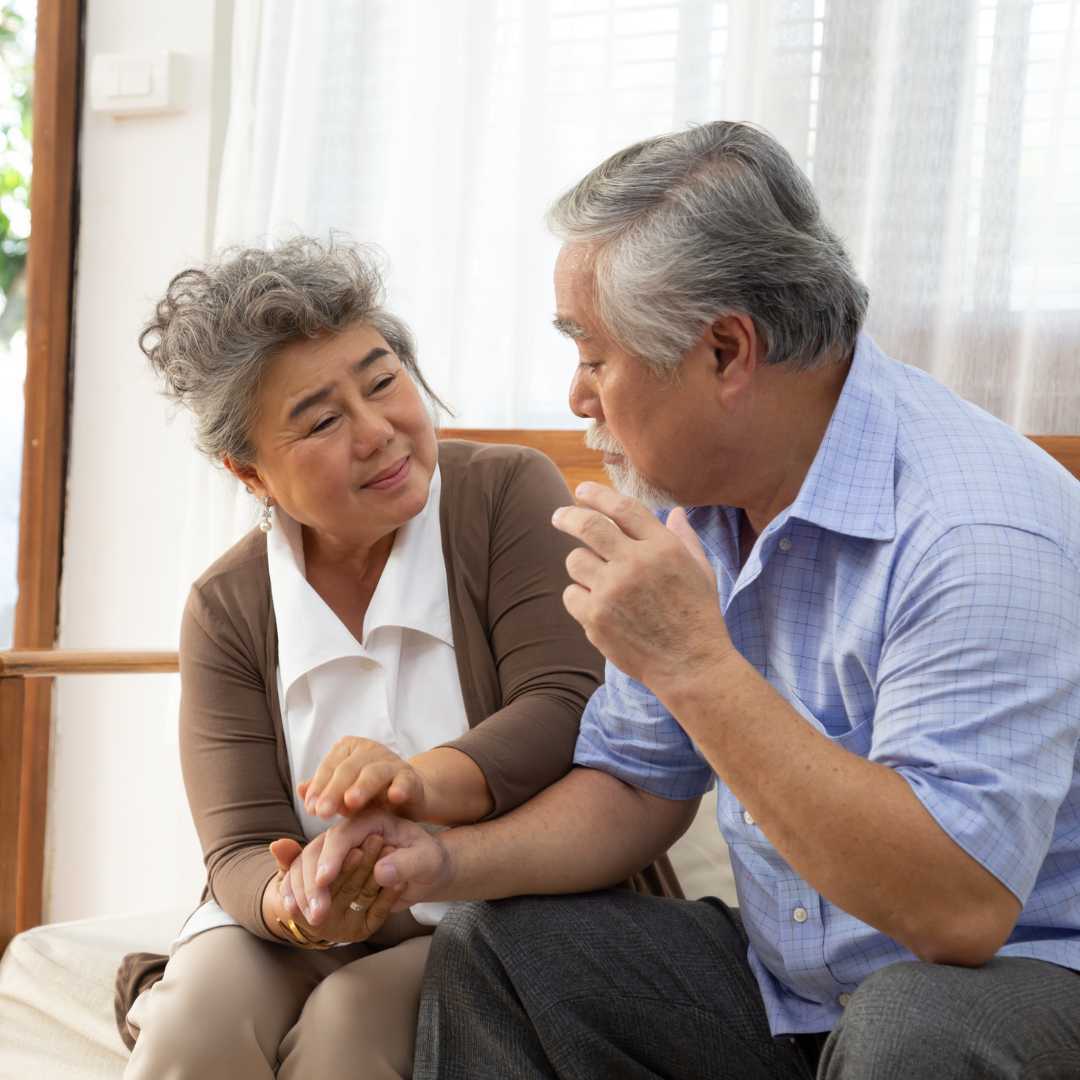
.png)
.png)

.png)
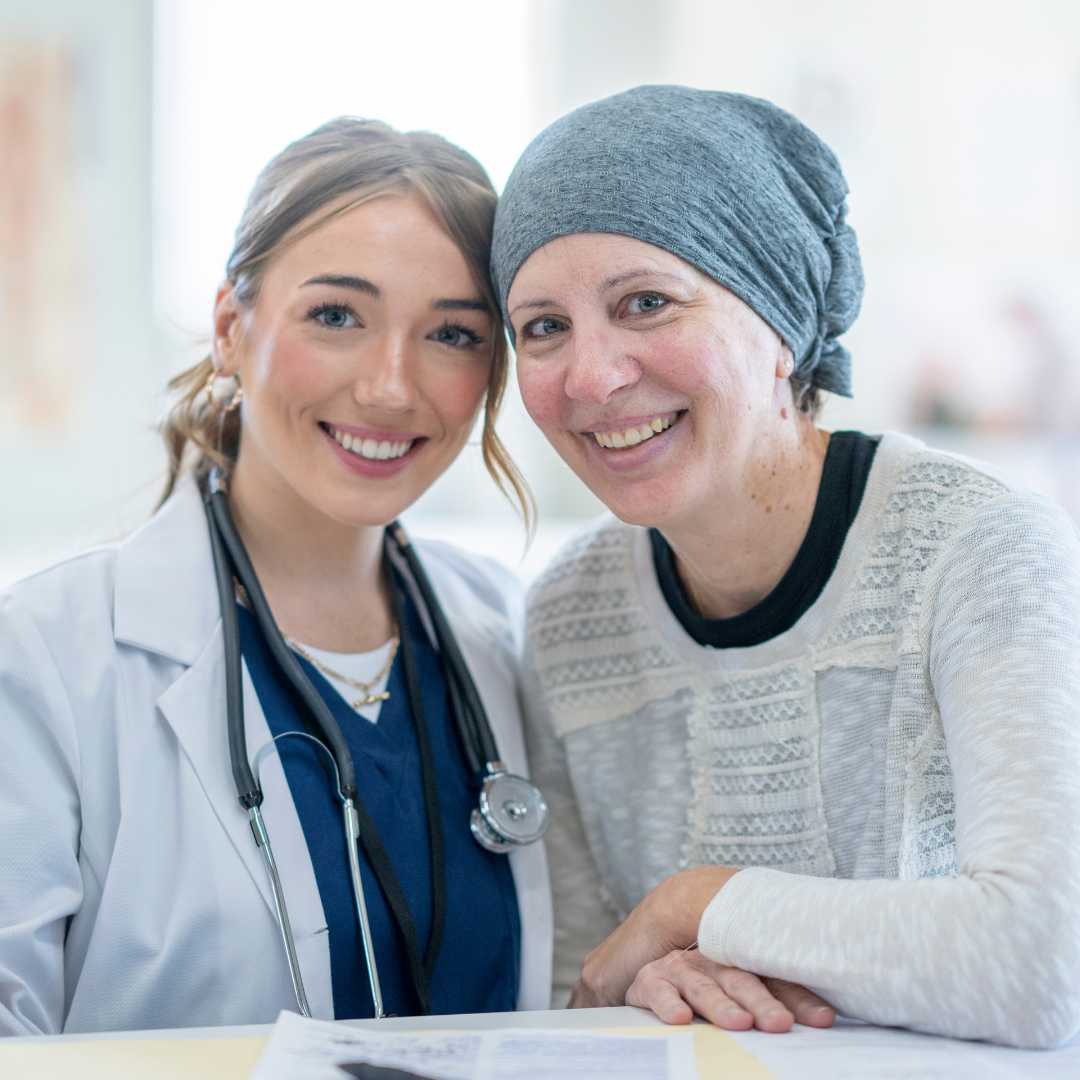
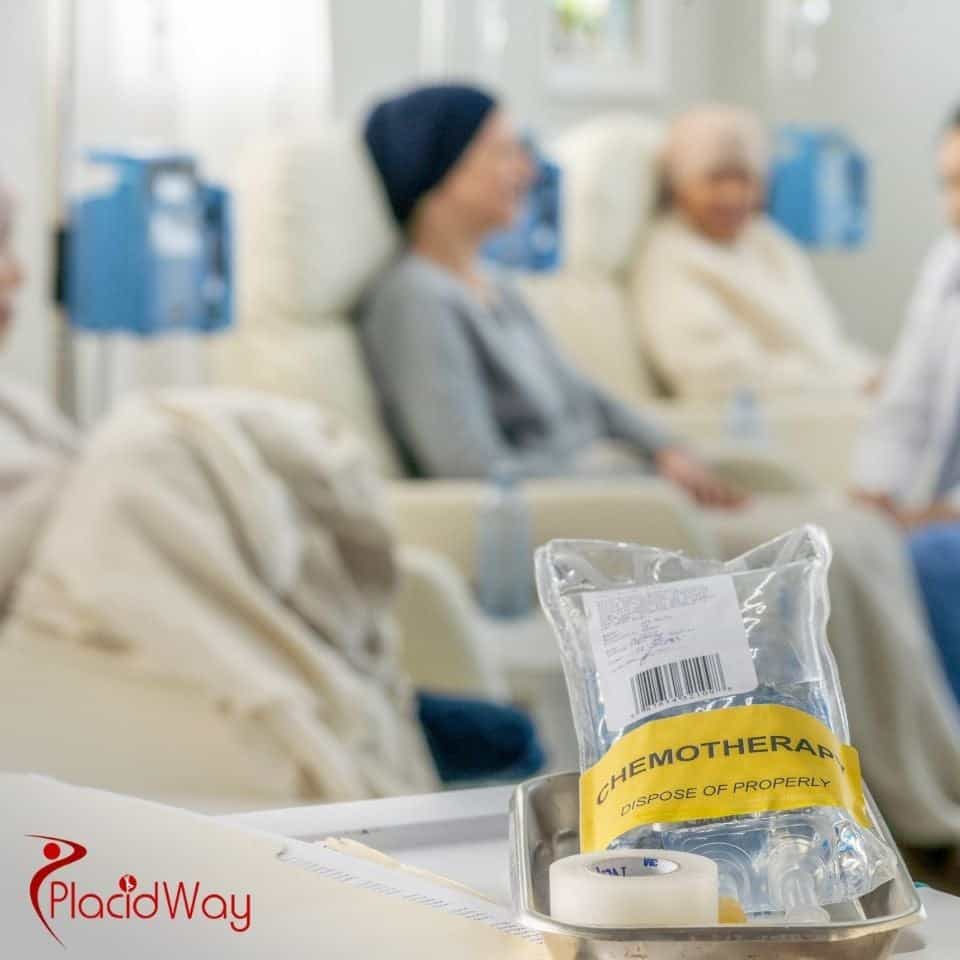
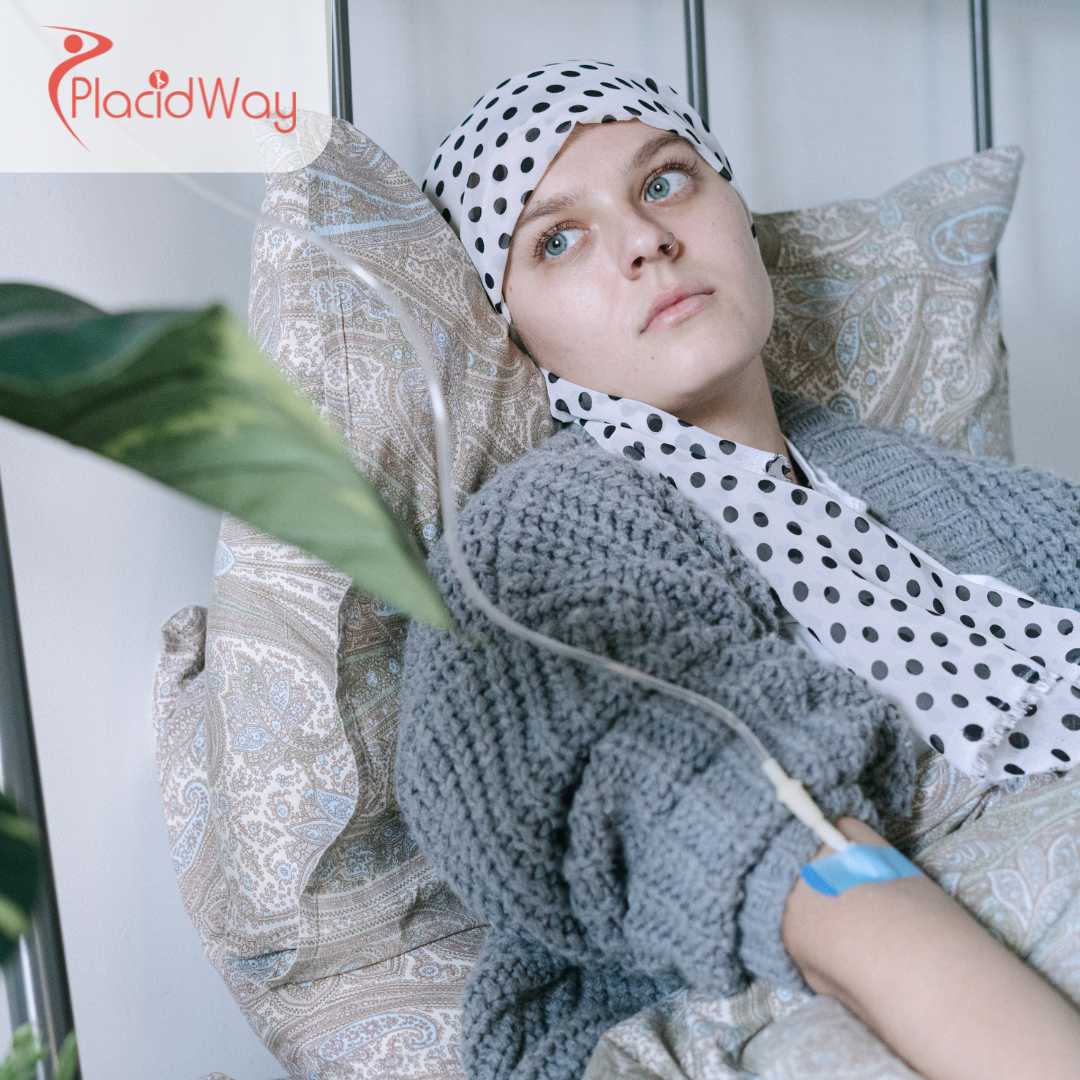


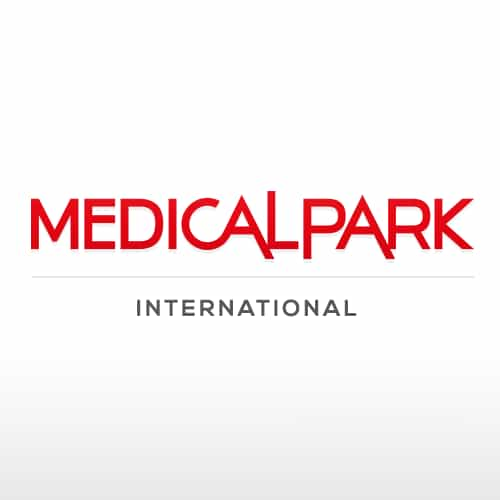
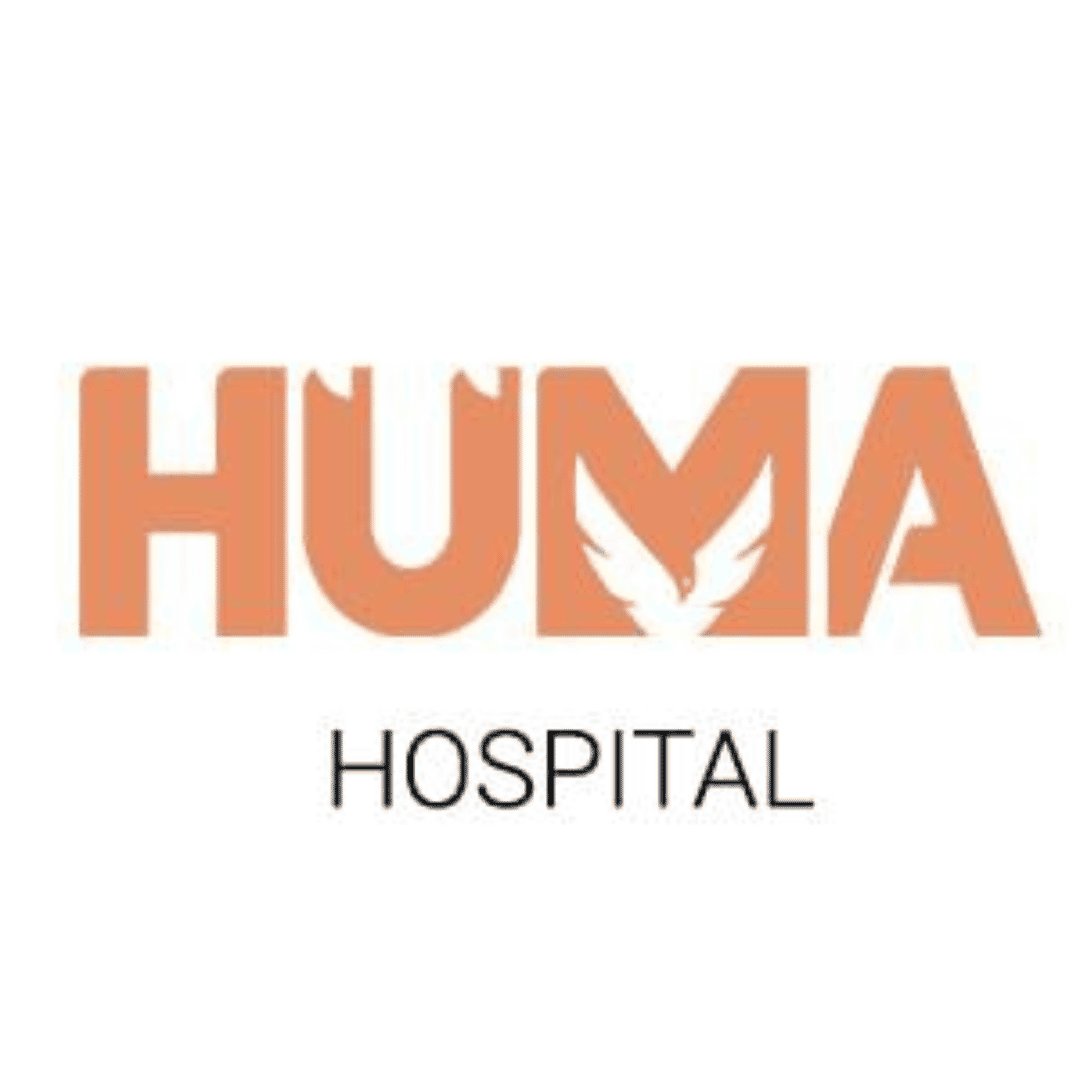
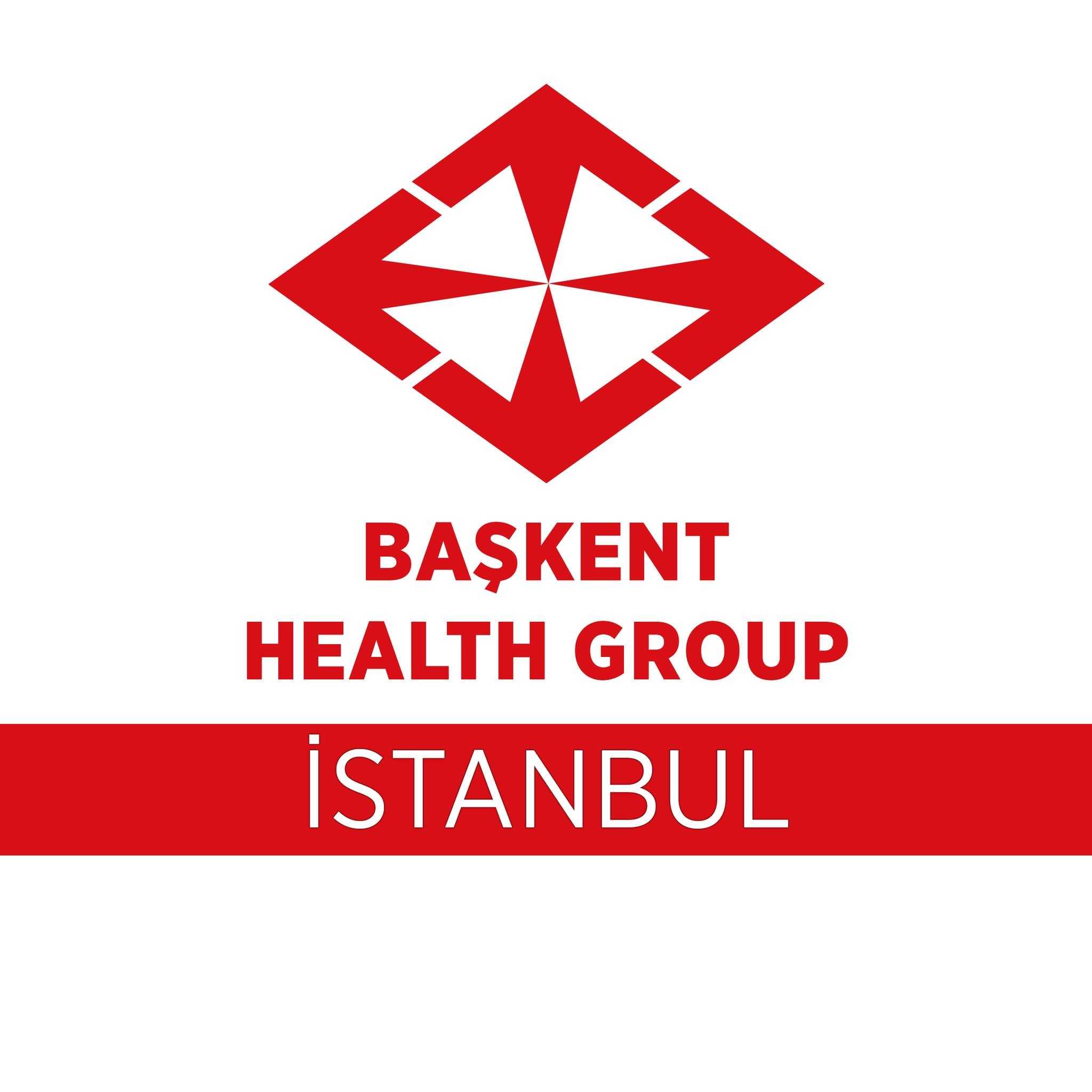

Share this listing